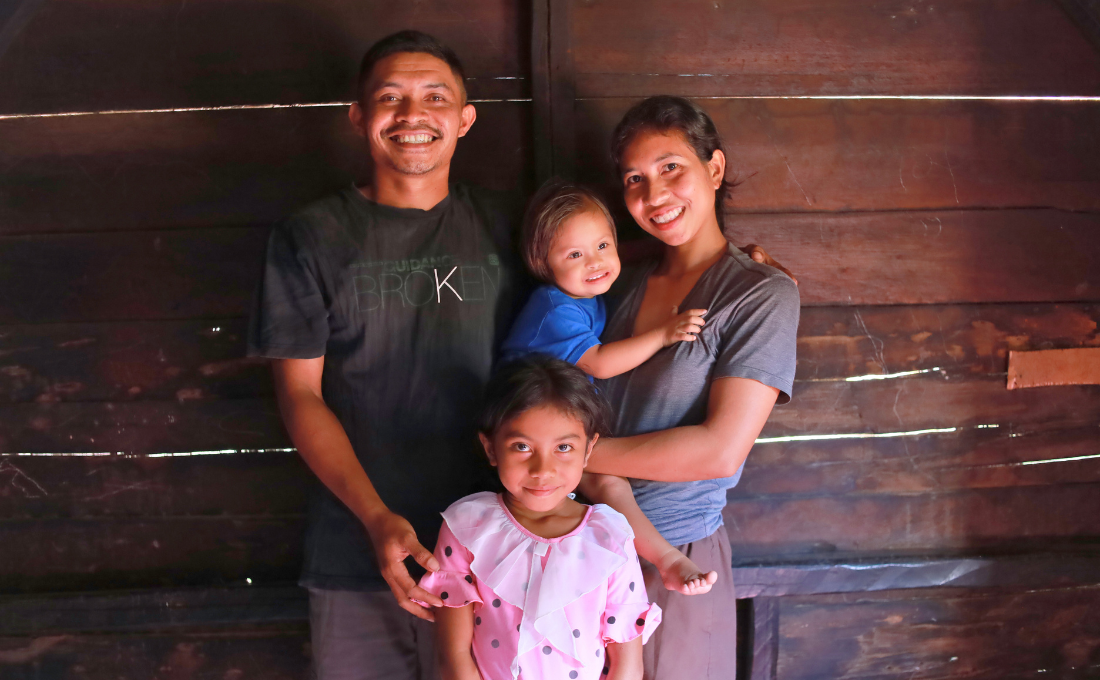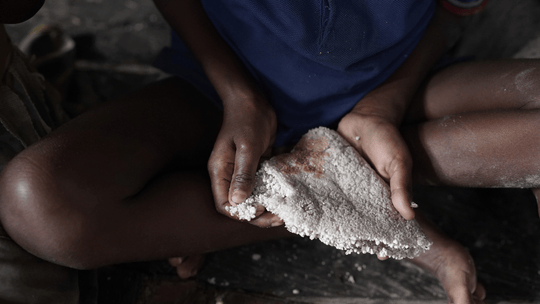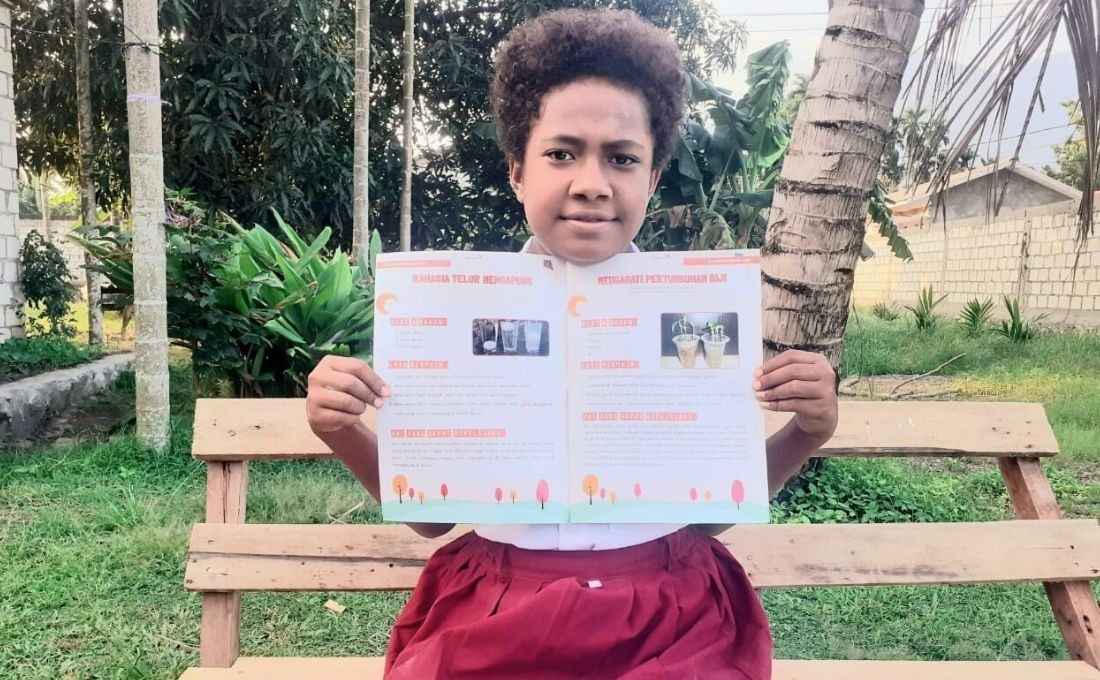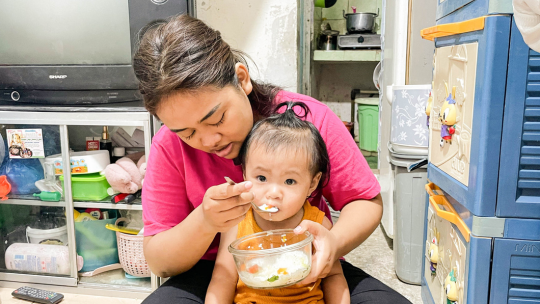Parents are The Biggest Supporter for Child with Disability

The greatest advocate for any child, especially a child with a disability, is their parents. A child will become an individual capable of overcoming all barriers thanks to parental support. A child will develop optimally because their parents believe in their potential.
Sulastri (28), mother of three-year-old Prisil, is an example of a parent relentlessly fighting to fulfil her child's rights. She lives with her small family in a village in East Manggarai Regency. Their difficult financial situation was made even harder by the fact that Prisil has Down Syndrome. At home, Prisil’s nutritional needs had to be met for her to grow and develop optimally. However, Sulastri didn't know how to prepare nutritious food for her.
“Prisil was sick a lot. We often took her to the doctor, and she was hospitalised several times because she was very weak. We only relied on milk and instant porridge bought from a stall for her food intake. She also didn't eat very regularly because she had a poor appetite. It’s no surprise that Prisil's nutritional status was poor,” the young mother explained.
In 2024, Wahana Visi Indonesia (WVI), which assists Sulastri's village, recorded that 34 children were experiencing undernutrition. Prisil was one of them. This number became an alarm for the village government and the community health centre to take immediate action. The Nutrition Post was activated as an effort to rehabilitate under nourished children.
Sulastri insisted on being involved in the Nutrition Post. She realised that the Nutrition Post was the source of knowledge about nutritious menus that Prisil needed all along. “I promised I would not only participate but also contribute whatever I could. The important thing is that my child gets the nutritional help she needs,” she said.
For 90 days, Sulastri learned about preparing and providing meals using the ‘catch-up growth’ menu, as well as clean and healthy live practices. She and Prisil received intensive guidance from trained cadres. The cadres also monitored how Sulastri put this new knowledge into practice at home.
Remarkably, by the 12th day of the Nutrition Post activities, Sulastri had already grasped and mastered three types of catch-up growth menus. Her husband also became actively involved in preparing nutritious food for Prisil.
“After Prisil attended the Nutrition Post and I cooked the menus every day for three months, our child started eating heartily. Her digestion wasn’t disturbed either. Her weight kept increasing day by day. She has started to become stronger. She is also actively talking, more cheerful, and less fussy. Our whole family is so happy to see Prisil like this,” she said, deeply moved.
Prisil, a toddler with Down Syndrome, even received the accolade for the child with the highest weight gain during the Nutrition Post programme. Sulastri successfully fought for the fulfilment of one of her child’s rights. She did not lose hope when faced with many barriers.
Now, Sulastri has begun weaving new hopes for Prisil. She has transformed her yard into a small Nutrition Garden, a source of vegetables for her family. Access to clean water has also arrived near her home. Slowly but surely, this small family is overcoming challenges to live cleanly and healthily.
Author: Egbertus Mbusa (Coordinator for WVI’s operational area in East Manggarai)
Editor: Mariana Kurniawati (Communication Executive)



